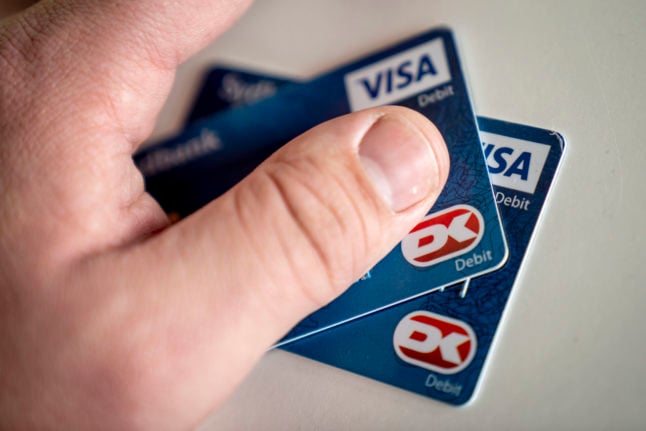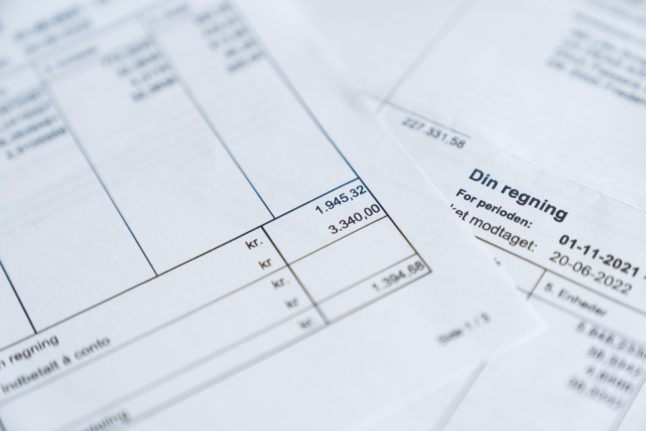Denmark was named as the most expensive European Union country for basic goods and services in 2022, along with Ireland. Data from the EU’s statistics agency Eurostat showed that price levels in Denmark were 40 per cent higher than the EU average.
As many as 90 percent of our readers surveyed said that Denmark is an expensive country to live in but had many money-saving tips to share.
Cooking at home and avoiding eating out was a popular suggestion from many readers. They also recommended researching online before buying expensive products and to check discounts in supermarkets.
Petra, from the Czech Republic and living in Aarhus said, “use second hand apps and shops, circular economy apps like Reshopper, or apps selling close to sell-by-date foods like Too Good To Go.”



 Please whitelist us to continue reading.
Please whitelist us to continue reading.
Thank you all for these very helpful and encouraging comments. I’m a d-I-Y kind of person who likes walking, gardening, riding my bike and reading, so I think I could live quite carefully.